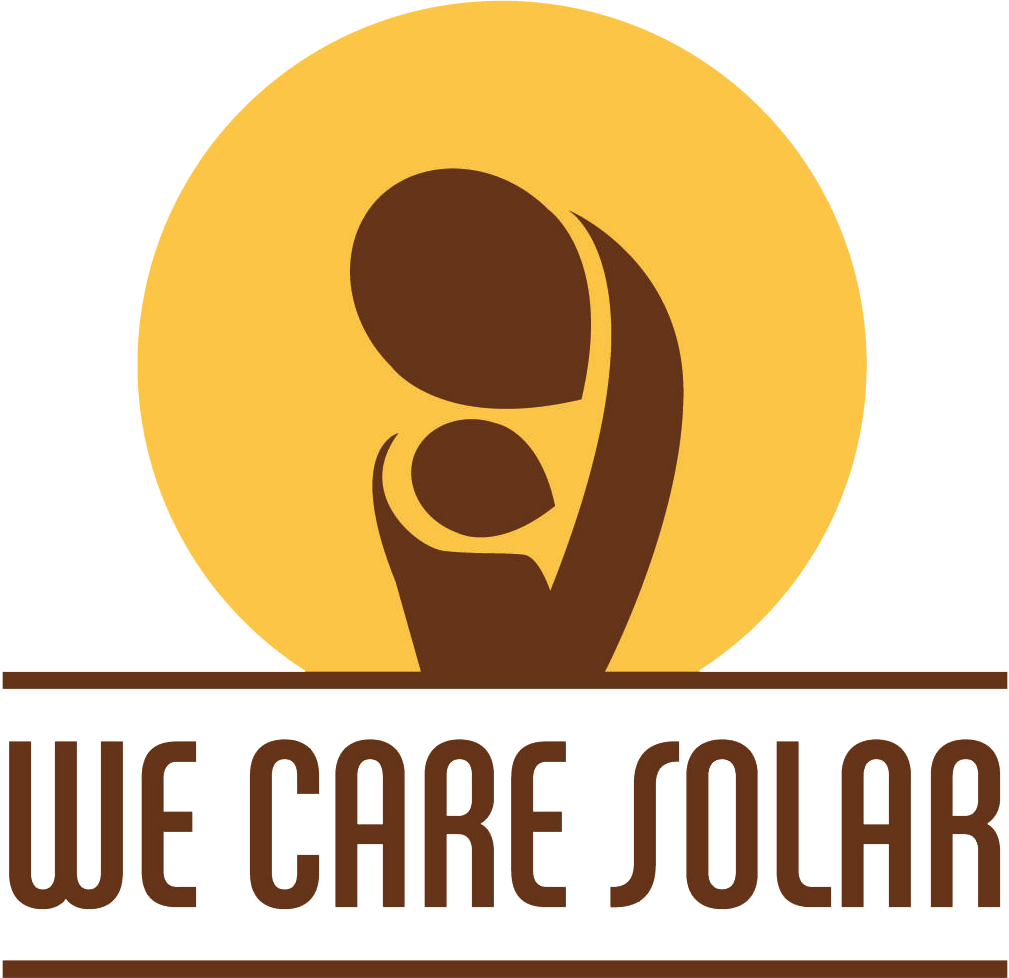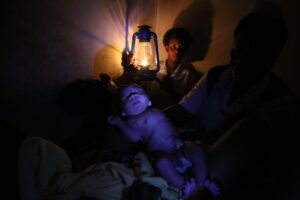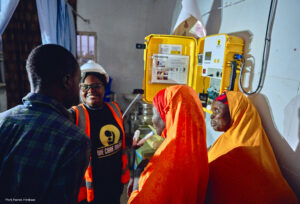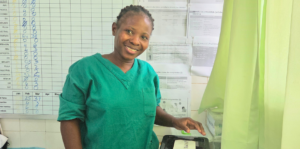Nigeria continues to hold a magical spell on me. No matter how gloomy I feel in the U.S., I am always energized by my connections to friends and colleagues in this fascinating country. This trip, I spent time teaching ethnographic techniques to research fellows at Ahmadu Bello University Teaching Hospital (ABUTH). We decided to expand our research efforts by initiating a participatory research process with Kogan Gayan hospital staff. Mohammed Gama coached the hospital staff and our fellows in the process of community engagement, urging the hospital to take ownership of the research process and to advocate for the interventions that will bring better conditions for staff and patients alike.
On the WE CARE Solar front, I visited the clinics that received solar suitcases in 2009, and provided brand new obstetric instruments to Tutan Wada clinic – the one that was so deprived of supplies during my last visit. I heard testimonials about the impact of the solar-powered lighting on obstetric care – how midwives have put down their candles and kerosene lanterns, knowing that they have an effective and reliable source of light for deliveries and post-partum care.
We added a new clinic to the WE CARE Solar family – one of the Millennium Villages! This model village has a lovely community health center, but the electricity is sporadic as they rely on the public utility grid. WE CARE Solar donated a fully equipped solar suitcase, and during this trip I demonstrated use of the suitcase, headlamps and solar powered flashlights. The staff was delighted to have this package of lights, and will be reporting on the function of the system in the next few weeks.

Dr. Laura Stachel Receives AFSIA Lifetime Achievement Award: Full Acceptance Speech
Thank you for this extraordinary honor. To receive a lifetime achievement award from the African Solar Industry Association is deeply meaningful to me. My work—and






